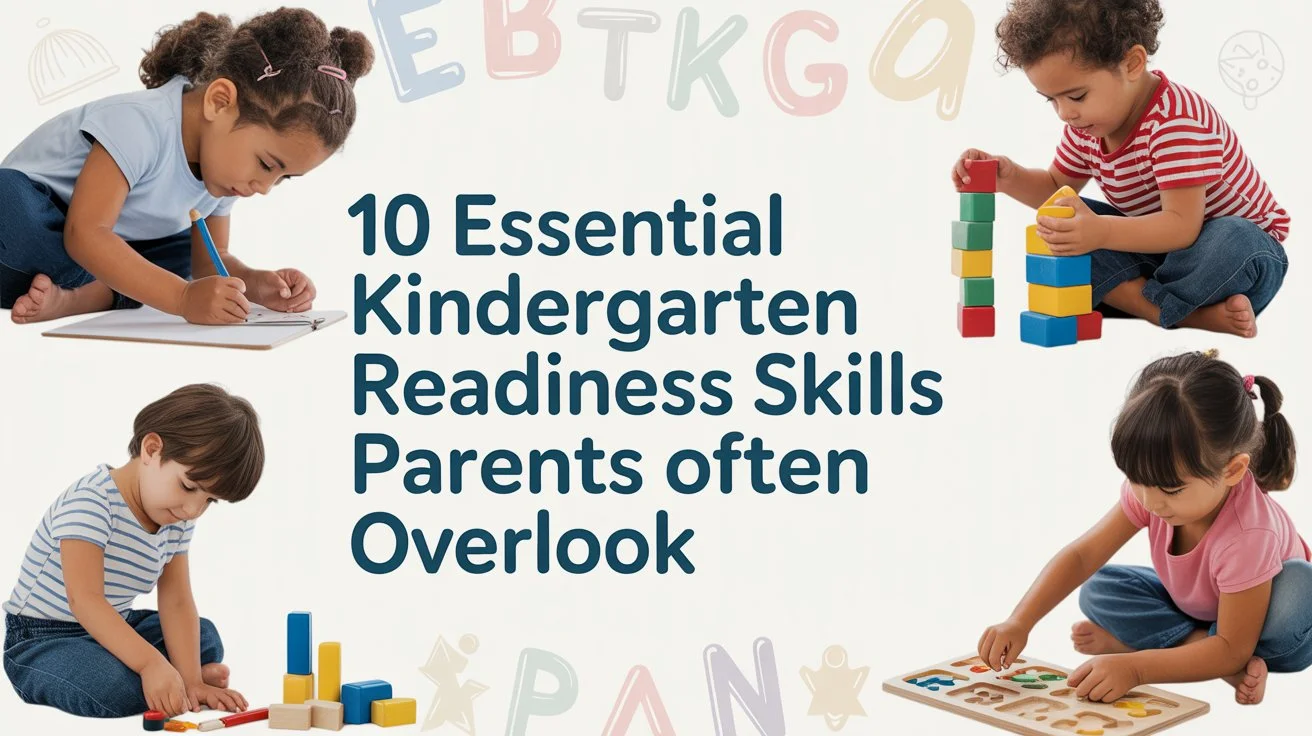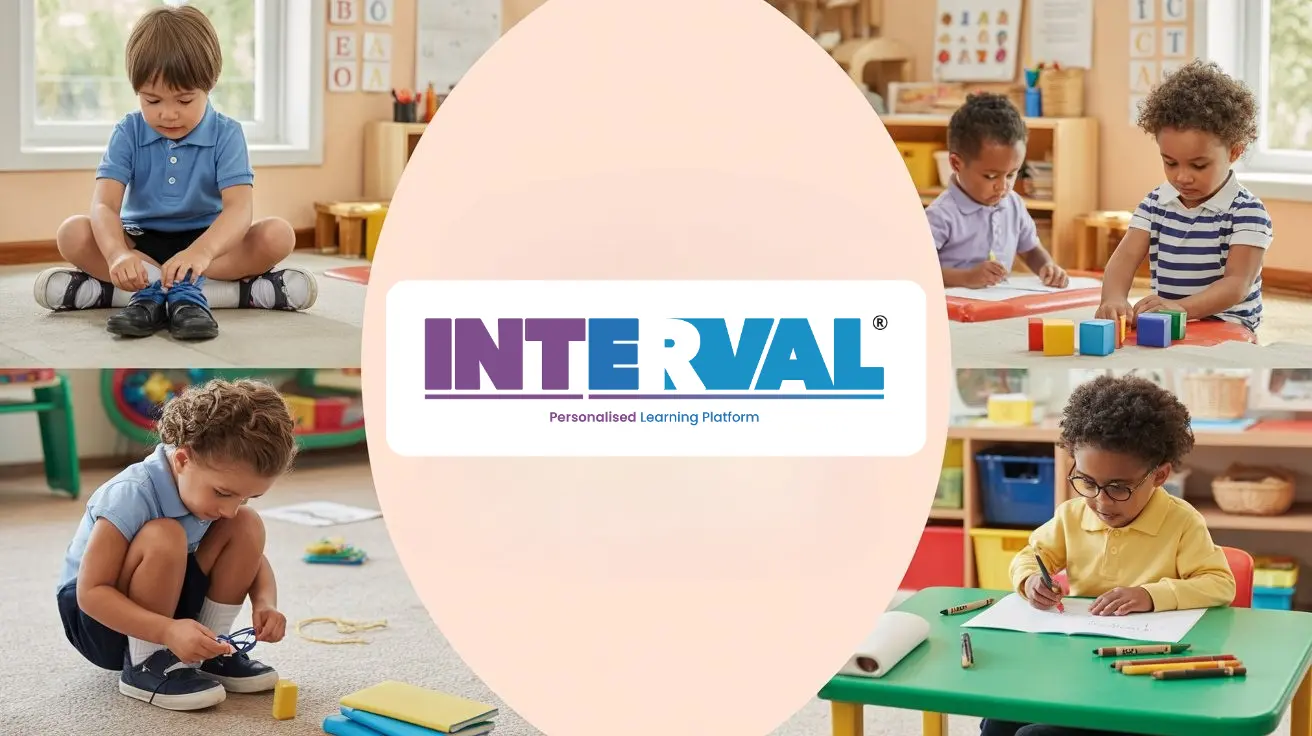10 Essential Kindergarten Readiness Skills Parents Often Overlook




Kindergarten is the first big step into structured learning, and children need certain kindergarten readiness skills to feel confident and settled. But here’s the truth most parents focus only on ABCs and numbers. However, real readiness is much more than academics.
This blog explains 10 essential kindergarten preparation skills that parents often overlook but are extremely important for a child’s confidence, independence, and learning success.

Below are the 10 essential skills your child needs, explained simply with examples.
Before academics, children must handle feelings like excitement, fear, or frustration.
Why it matters:
A child who can express emotions calmly settles into school faster.
Signs of Emotional Readiness:
School is all about interacting, sharing, and cooperating.
Important Social Skills:
Simple activities at home:
Kindergarten teachers look for children who can do small tasks independently.
What Should a Preschooler Know to Do?
A big part of school is understanding instructions.
Helpful indicators:
Children need enough language to express needs and understand teachers.
Key Language Milestones:
Parents often misunderstand readiness as “My child should read.”
Not true.
What actually matters:
Children should not solve big sums. Just the basics.
Essential Kindergarten Preparation Skills in Math:
These skills help children write comfortably.
Key Fine Motor Skills:
Kindergarten involves movement, outdoor play, and sports.
Examples:
A curious child learns faster and feels more involved in class activities.
Signs your child is ready:
Know more about Kindergarten Readiness Skills, checklists & Requirements Every Parent Should Know
Skill Area | What Children Should Be Able to Do |
| Social Skills | Share, take turns, play with others |
| Emotional Skills | Express feelings, handle separation |
| Independence | Eat, dress, use toilet independently |
| Language Skills | Speak sentences, answer questions |
| Early Literacy | Recognise letters, enjoy books |
| Early Math | Count, sort, identify shapes |
| Fine Motor Skills | Hold pencil, draw, cut |
| Gross Motor Skills | Run, jump, climb |
| Listening Skills | Follow simple instructions |
| Curiosity | Show interest in learning |
Know more about What Should a Child Know Before Kindergarten?,
Here are simple, practical tips every parent can use:
All of these small habits build strong kindergarten preparation skills.
Children who enter school with strong readiness feel:
Kindergarten readiness skills build a lifelong love for learning.
Starting kindergarten is a big milestone for every child, and the right preparation makes all the difference. Young learners need gentle support, fun activities, and a safe learning space where they can explore, ask questions, and build confidence.
When children develop strong kindergarten readiness skills like communication, independence, early literacy, and social behaviours they step into school feeling happy, secure, and excited to learn. With the right guidance, every child can begin their school journey with confidence and joy.
At Interval Learning, we understand that every child learns differently. Our Kindergarten Programme is specially designed for young learners who need:
Our Kindergarten programme builds all essential kindergarten preparation skills using engaging activities, stories, worksheets, and hands-on learning.
Help your child start their school journey with confidence.
At Interval Learning we also offers LKG and UKG online tuition for children
A child should know basic social skills, counting, letter recognition, expressing feelings, and simple independence skills. Interval Learning helps children master all of these smoothly.
No. Children only need early literacy skills like recognising letters and sounds. Interval Learning covers these skills through fun activities and stories.
If your child can handle short separation, express feelings, and show curiosity, they are emotionally ready. Our teachers at Interval Learning help children develop emotional confidence.
If your child can handle short separation, express feelings, and show curiosity, they are emotionally ready. Our teachers at Interval Learning help children develop emotional confidence.
Most children show improvement within a few weeks of guided practice. Interval Learning tracks weekly progress to keep parents informed.
Yes, our online programme is designed for young learners with simple explanations, interactive activities, and friendly teachers.
Your child will learn social skills, early math, letter sounds, independence, fine-motor skills, communication, and classroom readiness in a simple, activity-based method.
Not always. Our structure allows children to follow along independently, but parents can support in the beginning until the child settles comfortably.